Digital Literacy & Well-Being Curriculum
Free K–8 lessons to prepare students for life in the digital world.
Tagged with teaching
Schools in England should teach children how to recognise and act against misogyny - prejudice against women - under new government guidance around sex education classes.
'Let’s be real for a minute. When was the last time you asked a mate not just how they were doing but, you know, how they were really doing? You know what it’s like.
Your mate is struggling but you’re not quite sure what the right thing to do or say is. It can be tempting to brush it off and not ask in case things get awkward.'
Videos and resources for young adults on subject of self harm and suicide
Common Sense's quick, grab-and-go lessons to help your students think critically about AI and its impact.
The Childnet Education Team has updated two of their popular resources on key topics: screen time and livestreaming.
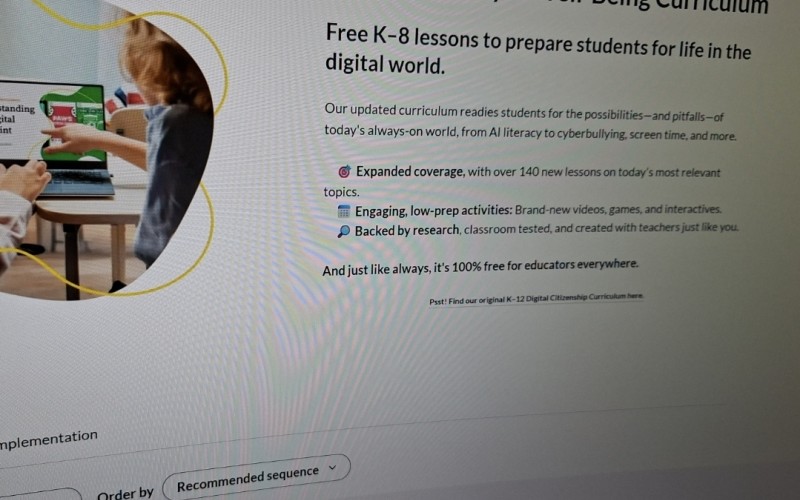
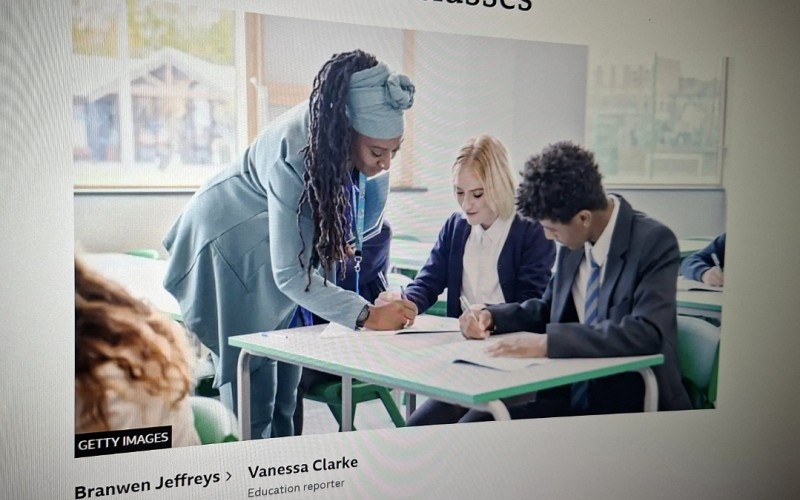
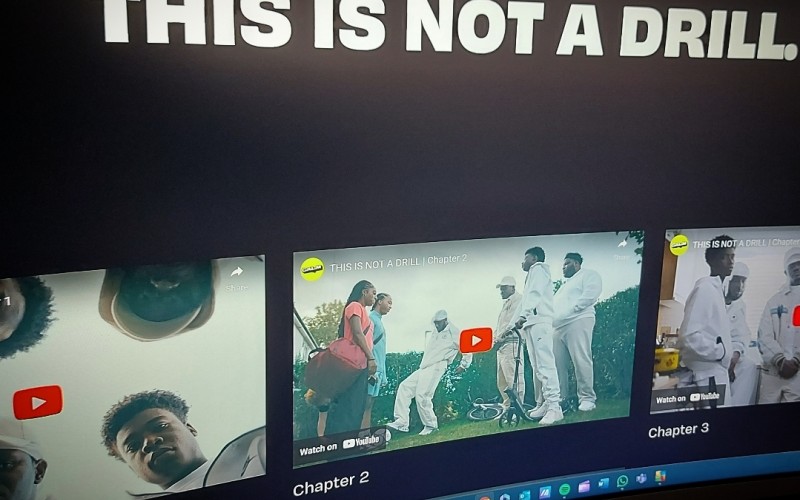
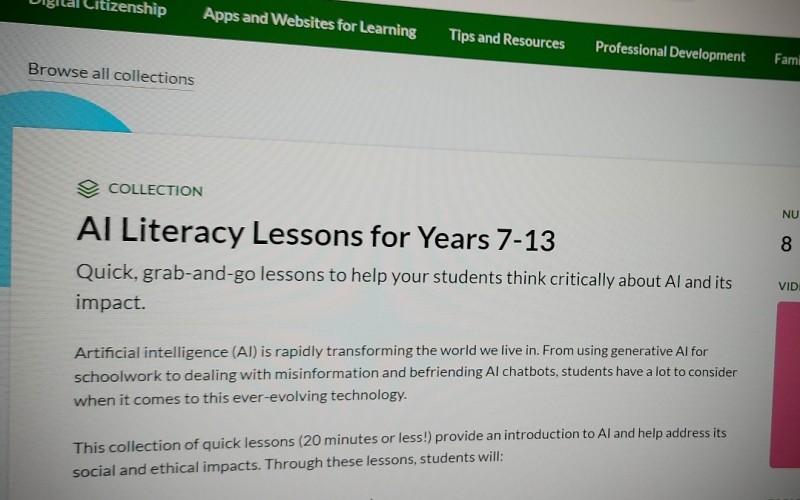
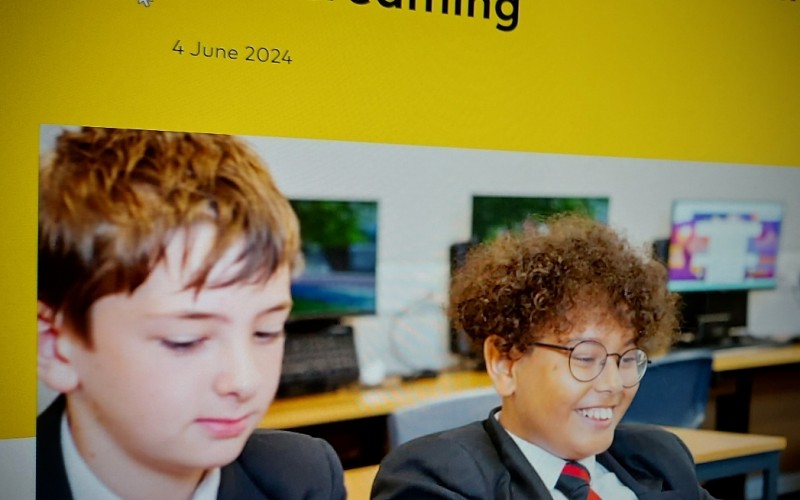
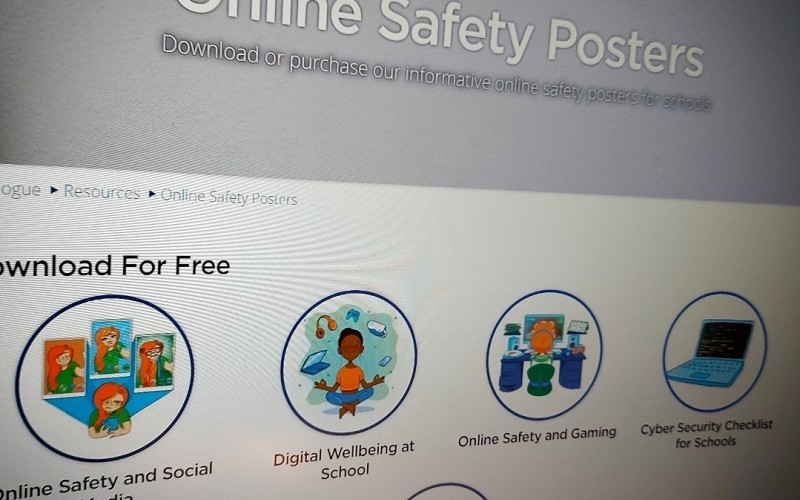
Comments
make a comment